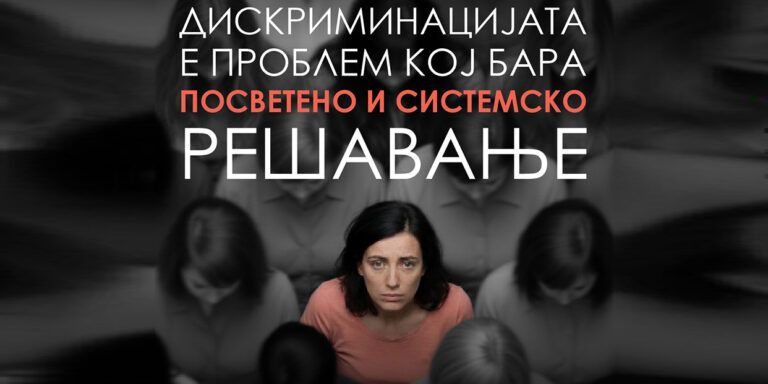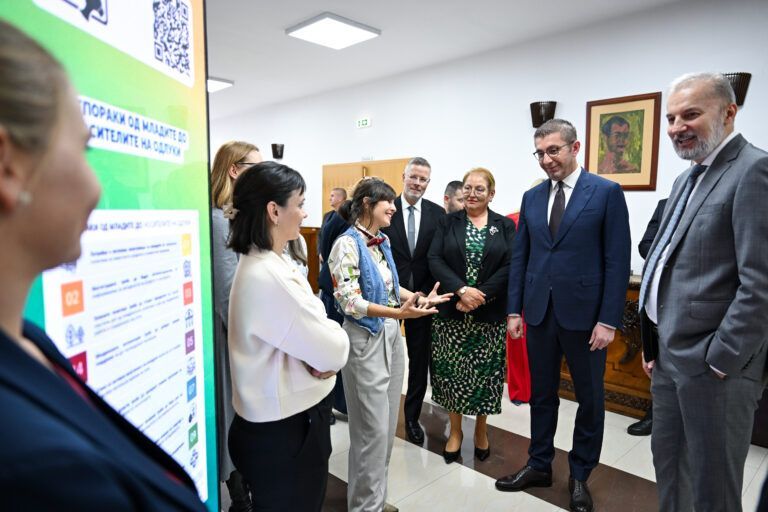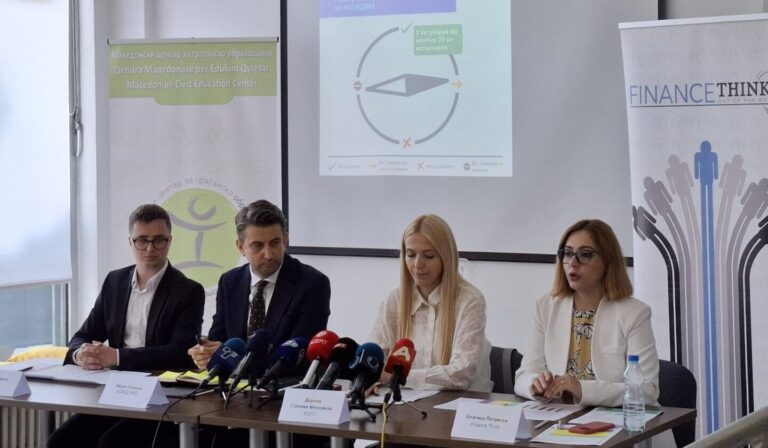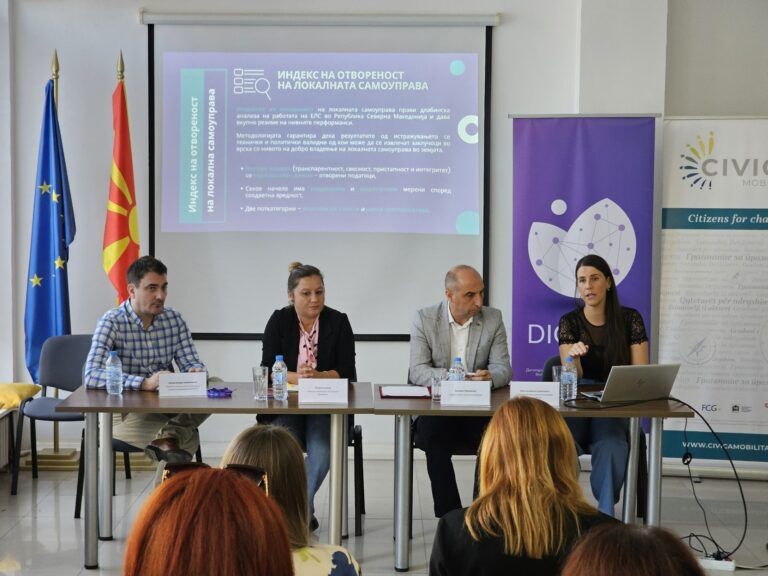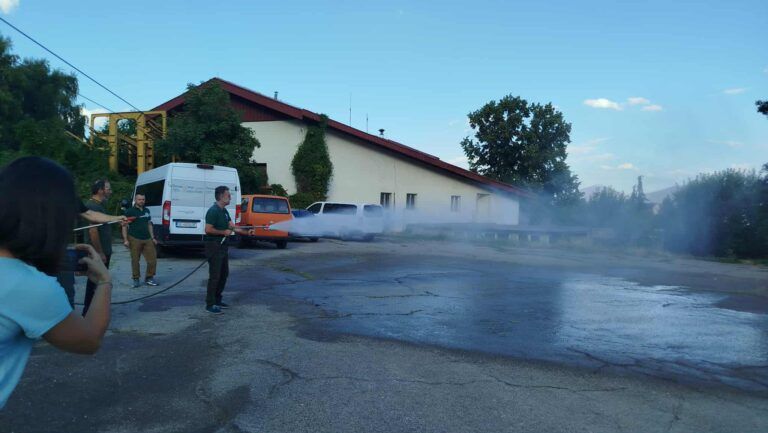EFFEGIES
“After my parents found out I am homosexual, my mother took me to four psychiatrists. The first one, ‘to cure me,’ prescribed a combination of daily doses of sedatives like Lexilium and Diazepam.”
“I have been praying every night for a long time, so that I wouldn’t be different, and now when I am sad, I pray, but it doesn’t work—I am still the same.”
—This quote was the introduction to the first story I created about the LGBT community in 2012. “It was painful and difficult not only in form, but as a story I wanted to tell,” says Tomislav Georgiev, the author of a series of photographs on this topic.
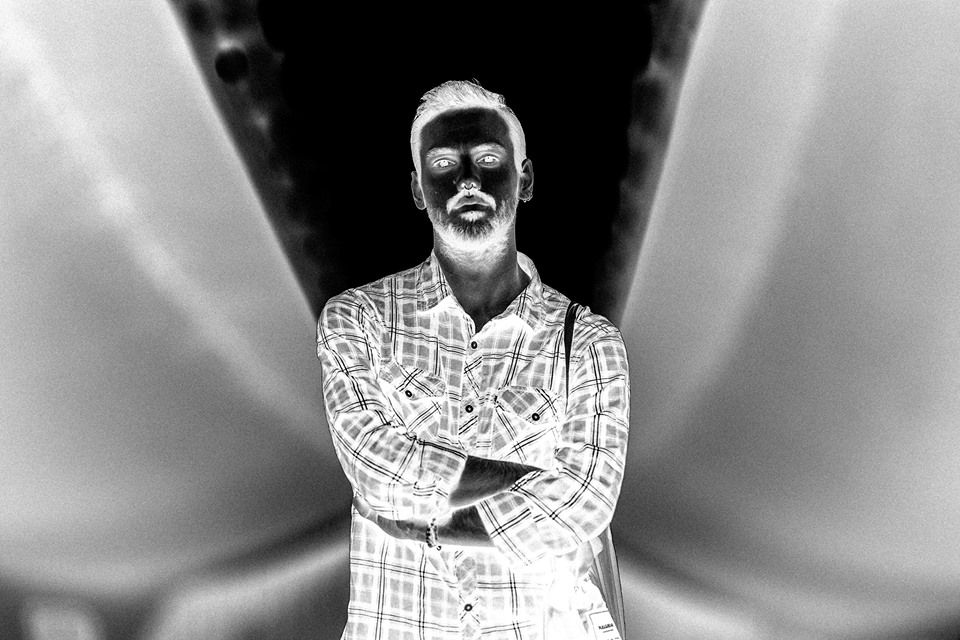
Photo: Tomislav Georgiev
Homosexuality is a taboo in Macedonian society, and the number of people who have come out publicly, trying to make a difference and change perspectives, is commendable. According to Georgiev, this is not a “Western” capitalist phenomenon, which, as in communism, was believed to occur in “their” world, and the “cure” should be directed at society.
“Still, the controversial nature of the story, I see, lies in the fact that even in 2017 there is a need to tell such stories in order to spark a wider debate,” Georgiev points out.
People in Macedonia need to understand that diversity is a fact and that acceptance is necessary if they want to be equal members of the EU and the modern concept of society. This is one of the new perspectives, and if the country embraces and supports it, it could become a regional leader in this field, setting an example for its neighbors, who are more or less at the same level of development regarding the protection and promotion of LGBT rights.
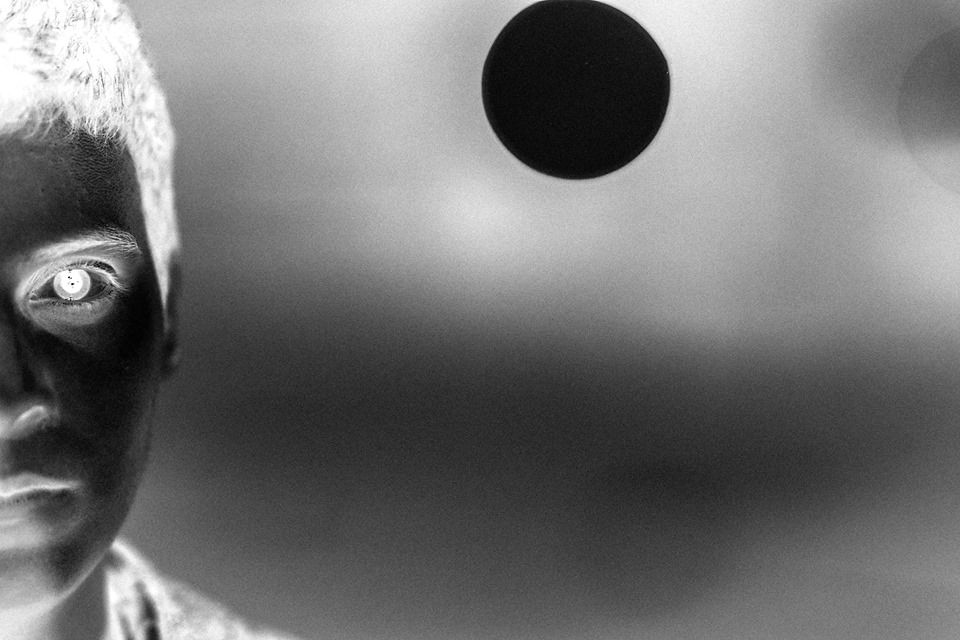
Photo: Tomislav Georgiev
“Effigies” is a concept for a collection of portraits, generated for a purpose, presented provocatively to encourage interaction, as a protest against stereotypes in our society.
The need to accept differences and overcome stereotypes is also emphasized by Associate Professor Dr. Bobi Badarevski from the Institute for Gender Studies at the Faculty of Philosophy, “Ss. Cyril and Methodius” University. According to him, all of us belong somewhere and to someone: to our loved ones, not to our own, to those close to us, family, friends, to our immediate community, nationality, faith, religion, to humankind.
“Our desire to belong somewhere and to someone, to be accepted and recognized, to be acknowledged and shown proper respect, is part of our basic needs and motives as human beings and as individuals. In our wish to be accepted and to belong, we expect to be embraced with the entirety of our personality, individuality, and uniqueness. The right to belong and be accepted arises from respect and appreciation of our differences, because if we were not different, then whom would you accept? Surely, you wouldn’t want to belong to someone or something meaningless,” says Badarevski.
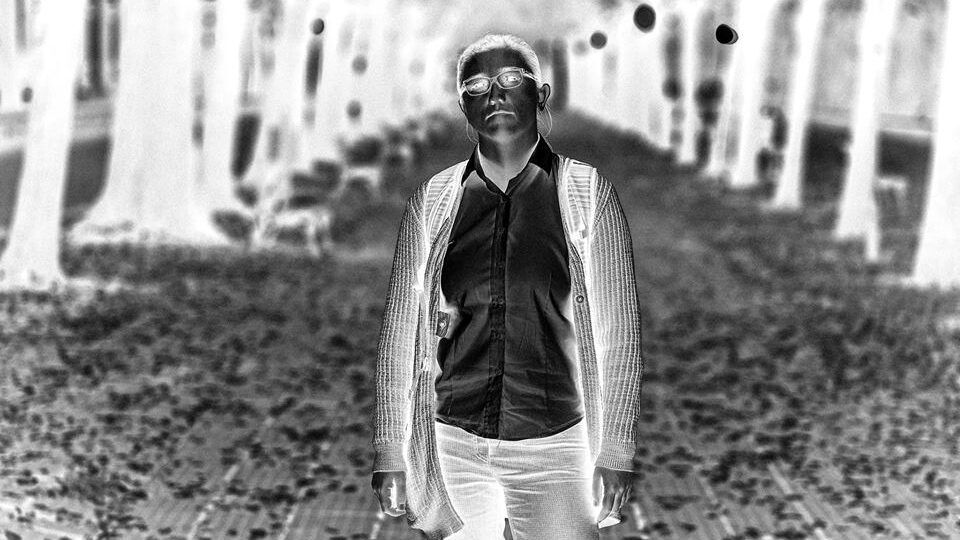
Photo: Tomislav Georgiev
Associate Professor Dr. Badarevski concludes: “It is precisely that individual difference in belonging to one another, our tolerance of our differences in opinions, beliefs, lifestyles, and choices in love, the respect for the representation of our differences, that makes us capable of belonging, of being together, of being a community, of being human. Love and tolerance for the differences of Otherness and Diversity precede our rights as human beings. Because Love is Acceptance of difference, and that is what makes us human.”
The text and photographs are part of the project “Marginalized Groups – From Problem to Benefit” by the NGO Kontrasta, supported by Civica Mobilitas.




